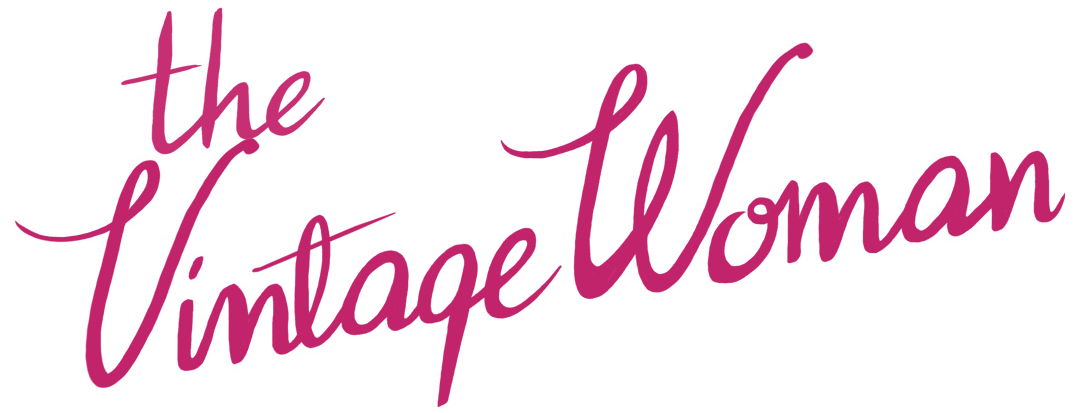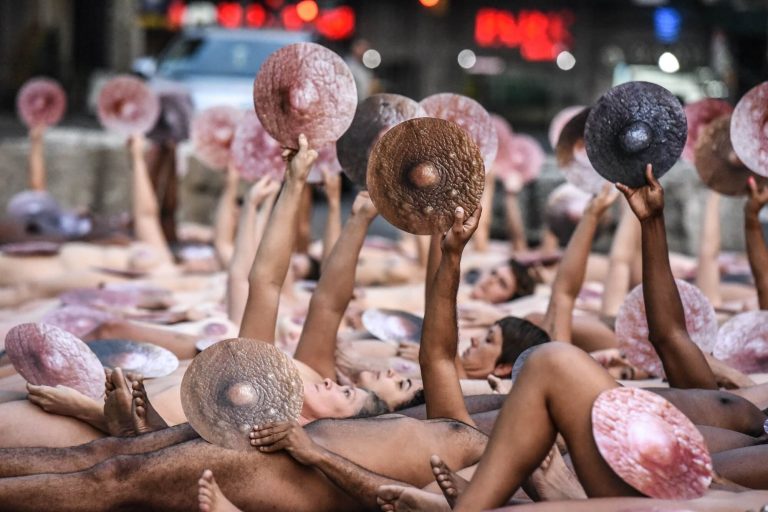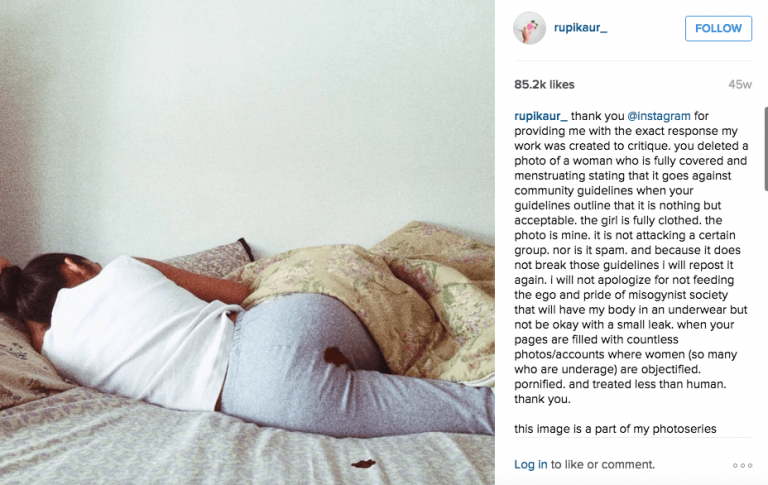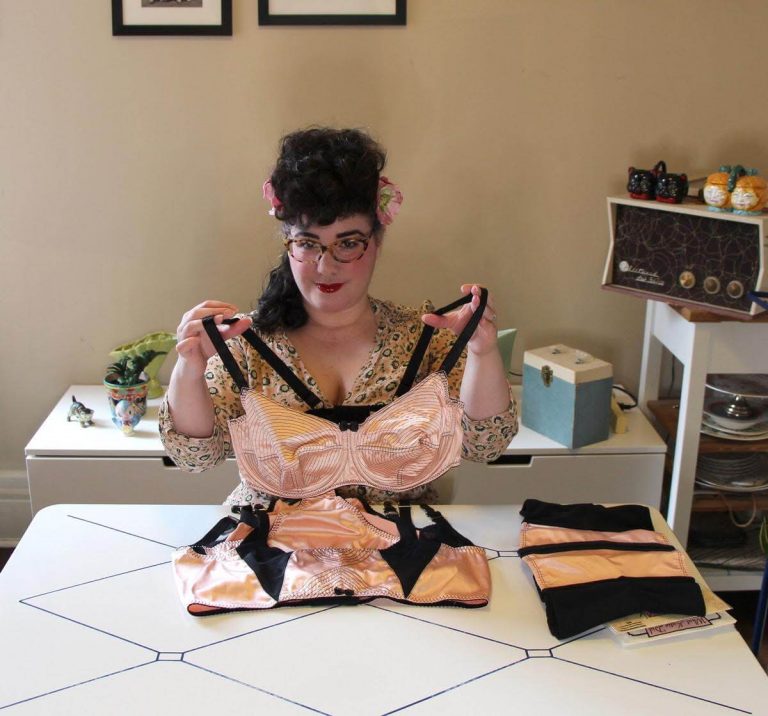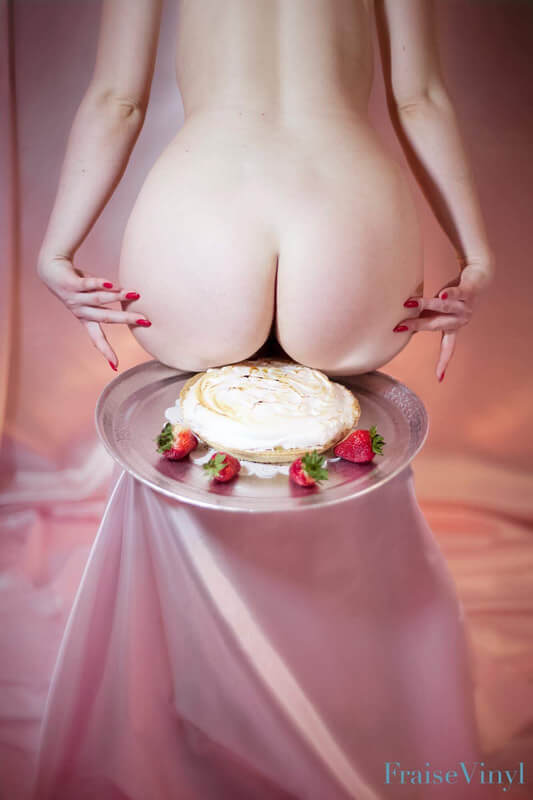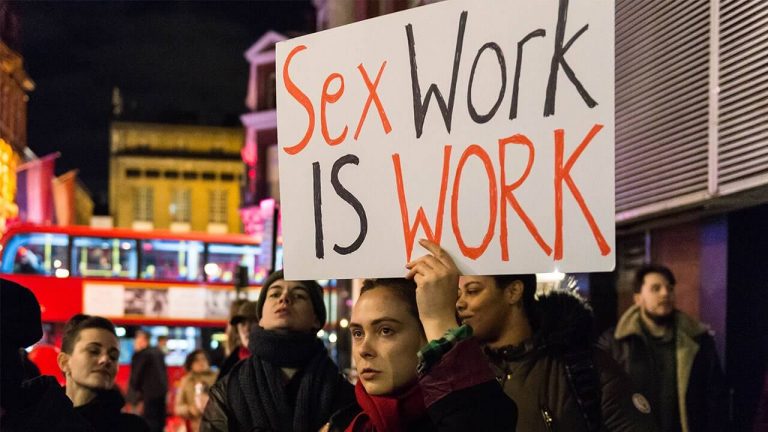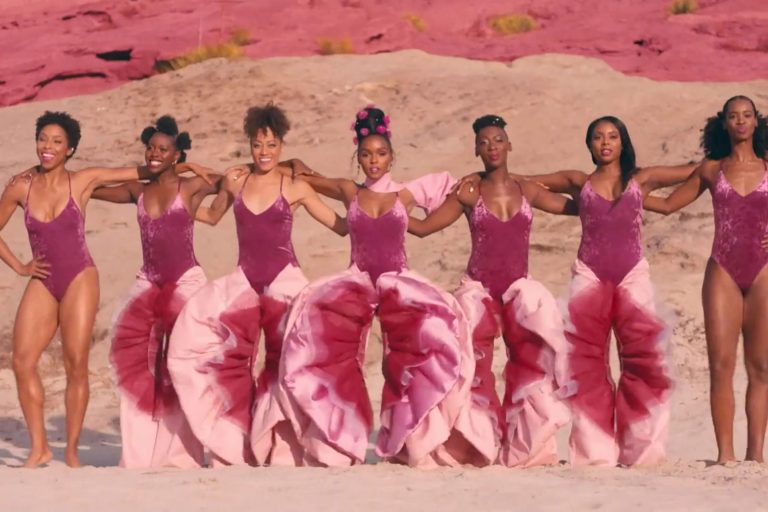Social Media Censorship: The Modern Weapon of Patriarchy
It is hard to imagine life without social media, it being an integral part of our lives and utilized for entertainment, business and marketing, socializing, and more. But what does it mean in 2021 to be exiled from this essential marketing sphere, or to lose this method of socializing in a prolonged global pandemic and forced isolation? For women and femmes who experience higher rates of censorship, how does this censorship extend to our individual rights? As we enter into 2021, women are forced to navigate an age old problem on a new platform; women’s ongoing loss of body autonomy and income opportunity through censorship across social media platforms.
Since 2018, social media giants have been purposefully silencing women’s posts that are deemed sexual or obscene, in claims of protecting user. Censoring sexual content and porn on platforms such as Instagram, TikTok, and Facebook seems legitimate, however the problem lies in the regulation. The method of regulating posts differs for men and women, for plus-sized bodies and thin bodies, and for BIPOC bodies and white bodies. The basis for what is ‘flagged’ as an inappropriate post is about action with men’s photos, versus how they can cause arousal with women’s photos. For men it’s blatant intent, with women its interpretation.
Instagram launched its new Terms December 20, 2020, declaring that if a post is unintentionally sexual but still arousing, it could be banned. Even ‘excessive cleavage’ could be deemed inappropriate, which could easily become a prop for fat-phobia. TikTok is notorious for suppressing content by Black and fat bodies, which they claim is an attempt to prevent “bullying”. I have heard a single female nipple can even cause an Instagram apocalypse. Women’s bodies, pubic hair, and periods are all deemed too sexual or inappropriate meanwhile posts with guns, hatespeech, and violence are acceptable. What these censorship policies effectively mean is that women’s natural bodies are shameful and that we exist as objects of the male gaze. And that fat bodies and BIPOC bodies are less acceptable than thin, white bodies. This is dangerous for women and femmes and the progress of the #MeToo Movement, all while amplifying racism, rape culture, and fat-phobia.
The censorship of women and femme bodies is dangerous to women’s safety and freedoms, there are also unfortunate financial implication of social media censorship. As Cardi B aggressively and wonderfully articulates, financial freedom for women is an important aspect of equality and independence “All a bad bitch need is the (money)”. Especially knee-deep in the pandemic, where many artists, creators, and small businesses are struggling to stay afloat, lost income opportunity is detrimental. Many sisters of the vintage community such as burlesque performers, pinup models, sex workers, and artists, are silenced and prevented from growing their network and following, which directly impacts their income opportunity. Vintage and Repro businesses such as Gigi’s House of Frills, an independent lingerie boutique in Toronto, Canada, are suffering from social media censorship. Owner Gigi states their ads are often rejected on both Instagram and Facebook because they feature lingerie (shown on a flat surface), and lingerie garments for sale can not be tagged on Instagram, a feature utilized by most businesses. As well, Gigi said their posts featuring plus size models of colour are more likely to be removed than posts featuring slim white models.
Large businesses such as Victoria Secret and Playboy do not face any of these censorship policies, indicating it might not be about protecting users at all. As a professional burlesque performer, I have been fighting censorship and shadow-banning along side my fellow performers for years, a problem even more detrimental during the pandemic. Due to the pandemic, we are completely reliant on social media, yet the constant threat of being banned is ever more pressing. Boylesque performers on the other hand, are rarely concerned with this level of censorship.
Slut-shaming and the objectification of women as a form of control is a story as old as patriarchy, the only thing that has changed is the platform. Women have been sexually exploited, objectified, and abused for centuries, which has been a pivotal tool in the success of patriarchy. When women take back their power and sexuality as a means for independence, profit, or enjoyment, it is shamed. Historically, women who did not abide by these gender norms were often burned as a witch, forcing women into obedience. It is not sexuality or sex that offends patriarchy, it is women profiting from it and gaining independence.
Hollywood shows us time and time again women are expected to be sexually objectified, not empowered. Rebel Wilson, actor and producer with a law degree, fought and won against the double-standards in Hollywood, demonstrating the social acceptability of men sexualizing women versus the societal rejection of women being sexually empowered. Sex sells, but women must be objectified and controlled in order for this to be deemed appropriate.
As feminism continues t0 find it’s footing in the 21st century, social media seems to be fighting tooth and nail against the progress of the #MeToo movement, body autonomy, woman’s sexual freedoms, while promoting fat-phobia, racism, and rape culture. It is clear that these patriarchal policies created by men do not serve to benefit their female and femme users. It is only with empathy, solidarity, and self-assurance that will we be able to pressure social media giants to change these sexist platforms. In the meantime, I will be eagerly awaiting a sex-positive social media platform and celebrating nasty and bold women and femmes across social media.
